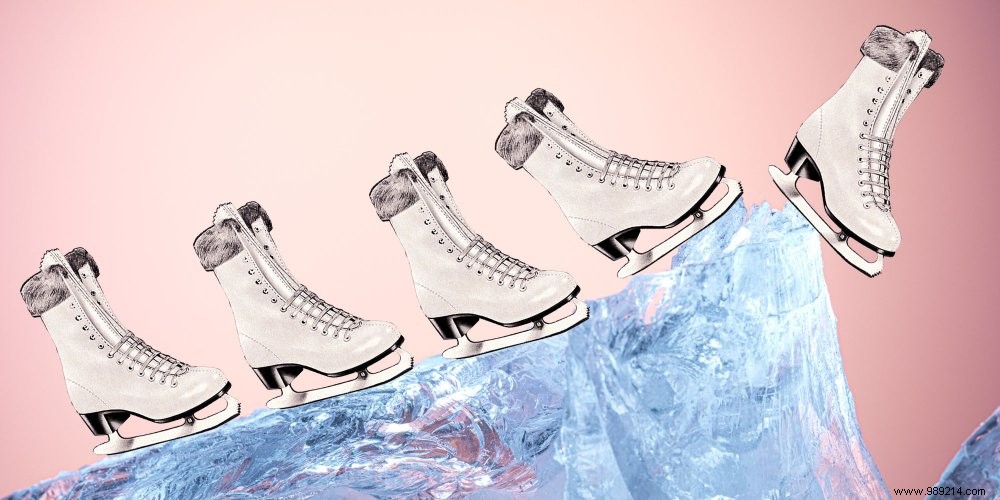 When the thermometer plummets, the body is strained. To help him get through the winter in complete serenity, without cold snaps or excessive fatigue, follow our advice to stop being cold.
When the thermometer plummets, the body is strained. To help him get through the winter in complete serenity, without cold snaps or excessive fatigue, follow our advice to stop being cold. In winter, if the temperatures drop, they sometimes drop sharply. To protect your body from thermal shocks and avoid ending up frozen, here are some simple tips to keep in mind.
Three thin coats are better than one thick coat. In other words, it is better to layer several thin garments than to opt for a very large sweater. This stacking strategy, known as the onion, in fact protects more against the cold because it traps successive layers of air which retain the heat close to the body and prevent it from dissipating outside.
The right combination for cozy comfort without looking like a Bibendum? Thermal underwear, a T-shirt or blouse, a thin sweater and a jacket. If possible, choose materials that are permeable to perspiration (fleece, down, etc.). Fabrics that keep moisture close to the body (nylon, acrylic, wool, etc.) are more prone to cold snaps.
The feet, hands and head are the most fragile parts of the body because they are highly vascularized and not coated in protective fat. 30% of heat exchanges with the outside take place at their level. To escape frostbite and avoid wasting your heat, you must therefore pay very special attention to them.
"Gloves, warm socks and a hat (cap, chapka, lined hood, etc.) are essential accessories in very cold weather," said Dr Loïc Etienne, emergency doctor. If your gloves and shoes are lined, even better!
Video of the day:Immobility makes you vulnerable to the cold. The simple act of walking, cycling or skipping causes muscular work which produces heat and limits the cooling of the body. But be careful not to fall into the opposite extreme:exercising too intensely in very cold weather can affect your health. Indeed, to maintain its constant temperature, the body is already going into overdrive.
The heart, in particular, is more solicited in order to activate the blood circulation. Asking him too much extra effort is therefore not wise. Below 5°C, the risk of heart attack increases by 2% each time the ambient temperature drops by one degree.
A dehydrated body is more susceptible to frostbite and infections. Although the feeling of thirst is not so intense, it is necessary to drink water as much in winter as in summer (1.5 liters).
To warm yourself from the inside, choose tea and herbal teas. Soups and broths are also to be added to your menus. On the other hand, strongly limit alcoholic beverages. They give a false impression of warmth. As alcohol increases the dilation of blood vessels, on the contrary it promotes the loss of body heat, hence an increased risk of hypothermia.
Between the wind, the humidity and the cold, the skin feels tight and chapped. Atopic skin is the first to be affected, with the appearance of redness, itching and micro-cracks. Why ? During the winter, the sebaceous glands work in slow motion. As a result, they produce little sebum. The skin therefore fulfills its role as a barrier less well. To maintain its comfort and integrity, do not hesitate to hydrate it abundantly, with rich formulas (emollients, balms), in order to reconstitute its protective hydrolipidic film.
Read also: